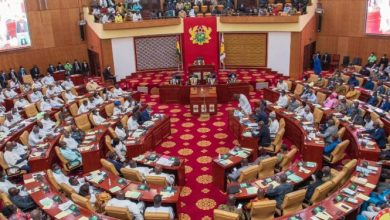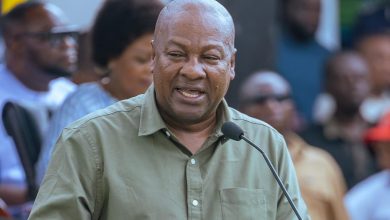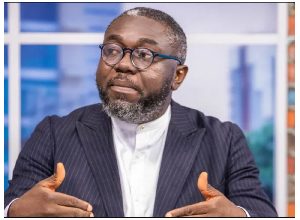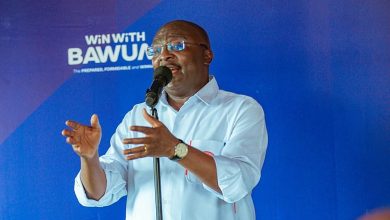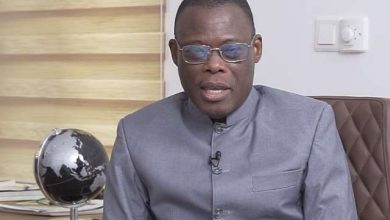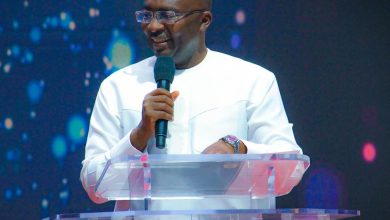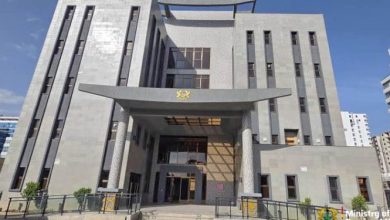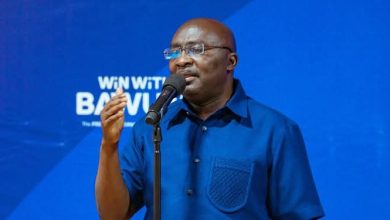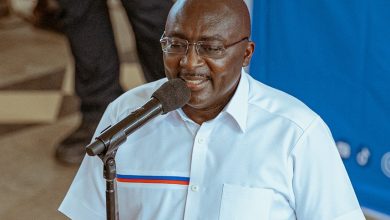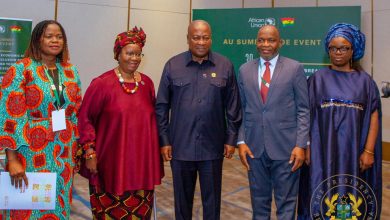Govt commits GH¢100 billion to Ghana Cares ‘Obaatanpa programme’ for next four years
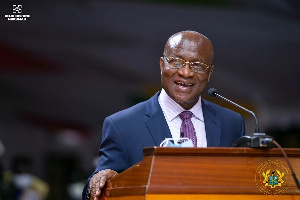
The Government of Ghana, in this year’s budget statement, has announced a more clinical structural focus on President Nana Akufo-Addo’s transformation agenda as the nation builds on economic gains so far made.
The government therefore would continue pursuing the GH¢100 billion Ghana CARES (Obaatan pa) programme, described as the boldest and biggest economic recovery programme in the country’s history.
Mr Osei Kyei-Mensah-Bonsu, the Majority Leader in Parliament and Minister of Parliamentary Affairs, presenting the 2021 Budget Statement to Parliament, in Accra, said: “In this regard, pursuing the GH¢100 billion Ghana CARES (Obaatan pa) programme, which by far is the boldest and biggest economic recovery programme in the country’s history, will enable us to turn the challenges created by COVID-19 into opportunities for socio-economic transformation.”
The Budget Statement, themed: “Consolidation, Completion and Continuation “Won Ya Wo Hiee” Budget seeks to return Ghana to a path of fiscal consolidation and sustained growth.”
The presentation, usually done by the Finance Minister, on the authority of the President, was done this year by the Majority Leader because the Minister-Designate Finance was receiving treatment for COVID-19 related issues overseas.
The Minister said the Ghana CARES (Obaatan pa) programme would foster closer collaboration with the Ghanaian private sector, labour, the people, development partners and foreign investors.
The ‘Obaatan pa’ programme is inspired by President Akufo-Addo’s conviction that “what our forebears dreamed of, we will achieve!
“If we inherited dreams and visions from our founding fathers, we should leave legacies of achievements and realities to our children and their children.”
He reiterated that the Government cared about the welfare of the people and the need to create wealth
The Minister said the GhanaCARES programme will expedite Government’s digitalization agenda to achieve greater efficiency and effectiveness in public service delivery and revitalize the housing and construction industry to address the severe housing deficit and create job opportunities.
It would also establish Ghana as a regional Hub, leveraging its position within ECOWAS and as host of the Secretariat of the Africa Continental Free Trade Area (AfCFTA) to focus on manufacturing, financial services, education, healthcare, aviation and logistics, digital services, petroleum, automobile, tourism, hospitality and creative arts.
The GhanaCARES Obaatanpa programme will also support the private sector and entrepreneurs to become a powerful engine for job creation, and actively promote both local and international investments including the use of Public-Private Partnership and upgrade the skills of Ghanaian workers through re-training programmes focusing on technical and vocational skills.
“Mr. Speaker, the implementation arrangements for the GhanaCARES programme are in place. Clear budgets have been set and milestones developed.
“We will establish delivery units in the relevant MDAs and partner with the private sector, academia and other practitioners to facilitate and monitor implementation. There will also be regular, institutional engagements to ensure we achieve synergies and track results on a timely basis,” the Caretaker Finance Minister said.
According to the Minister, the theme of the budget was underpinned by the fact that over the years every new budget invariably contained a host of new projects to be initiated at the expense of ongoing projects.
“Not only does this puts pressure on our finances but has historically resulted in arrears, with many contractors not being paid on time for work done and thereby escalating the overall cost of these projects.
” Government has, therefore, decided to chart a new direction from the wasteful spectre of uncompleted public projects scattered across the country.”
He harped on the need for Governments to use limited public funds responsibly, declaring that “our goal is to bring to an end to the culture of unfinished projects.
The Minister indicated that the main focus of the Government for this year is the fulfilment of existing commitment and the completion of existing projects, adding that the Delivery Tracker, which the Government launched last year to track the progress of infrastructure projects, showed over 8,700 ongoing projects across all sectors at the end of 2020.
“That is why the President has tasked his Ministers and heads of all other relevant institutions to focus the infrastructural energies of Government mainly on continuing and, if possible, completing existing projects in 2021. The era of abandoning viable projects started with public funds must end.
The Minister said that as a result of the COVID-19 the pandemic year 2020 was a difficult period for Ghana and the rest of the and world and “never before in recent history has a pandemic triggered such dramatic changes to lives and livelihoods simultaneously.
The ensuing crisis has disrupted supply chains and exerted undue pressure on economic and financial systems, killed businesses and jobs.
He spoke of Government interventions in the face of the pandemic and said the nation was not out of the woods yet.
“As such, fiscal consolidation has to be carefully balanced with the provision of some targeted fiscal stimuli to cushion the impact of COVID-19 on businesses and to facilitate a quick and strong recovery of our economy, which we aim to achieve through Ghana CARES “Obaatan pa” Programme.
The statement was however silent on how much the budget would cost.

